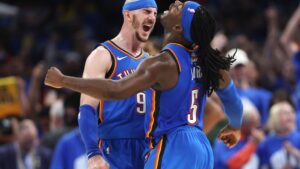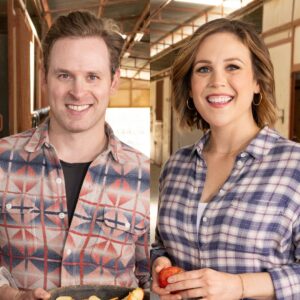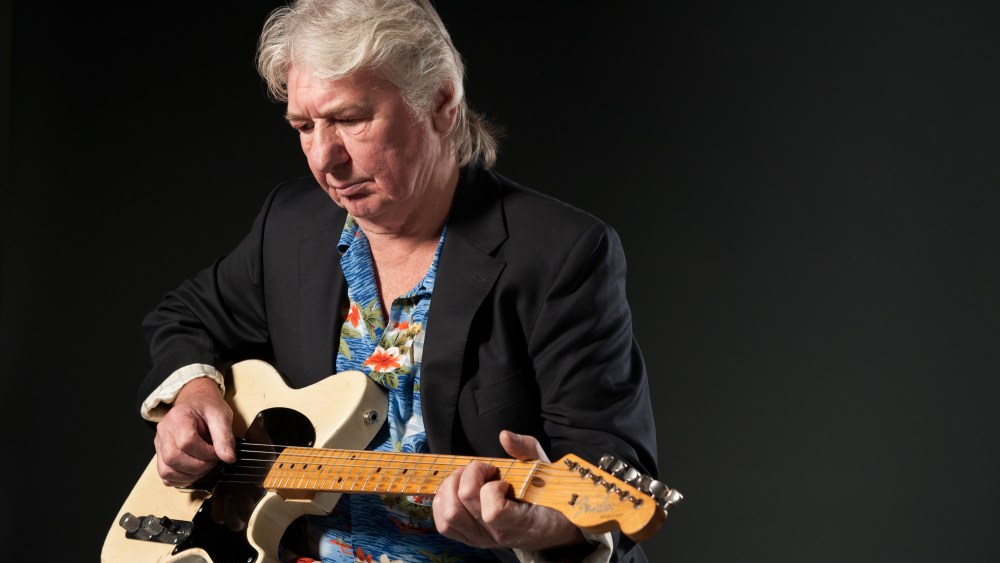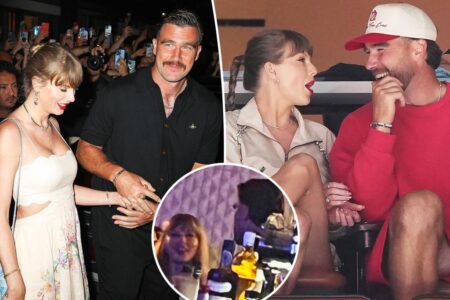Mick Ralphs, the guitarist, songwriter, and co-founder of the legendary ‘70s rock bands Bad Company and Mott The Hoople, has died, according to an announcement from his rep. No cause of death was disclosed, although he had been in poor health for nearly a decade; he was 81.
Ralphs’ tasteful guitar work and songwriting acumen were a trademark of both bands across the 1970s. He wrote or cowrote such hits as “Can’t Get Enough” and “Feel Like Makin’ Love” for Bad Company, “Rock and Roll Queen” and “One of the Boys” for Mott, and “Ready for Love,” which was recorded by both bands. Later in his career he co-wrote “Flying Hour” with George Harrison.
Bad Company will be inducted into the Rock and Roll Hall of Fame later this year.
Ralphs is survived by his partner, Susie Chavasse, his two children, three step-children and his bandmates Paul Rodgers and Simon Kirke.
Rodgers wrote, “Our Mick has passed, my heart just hit the ground. He has left us with exceptional songs and memories. He was my friend, my songwriting partner, an amazing and versatile guitarist who had the greatest sense of humour. Our last conversation a few days ago we shared a laugh but it won’t be our last. There are many memories of Mick that will create laughter. Condolences to everyone who loved him especially his one true love, Susie. I will see you in heaven.”
Kirke added, “He was a dear friend, a wonderful songwriter, and an exceptional guitarist. We will miss him deeply.”
Ralphs was born in 1944 in Herefordshire in England and began playing with bands as a teenager. He formed the Doc Thomas Group in the mid-1960s with singer Stan Tippins and bassist Pete “Overend” Watts, which changed its name to Silence and, upon recruiting new singer Ian Hunter and signing with Island Records in 1969, Mott the Hoople, on the suggestion of madcap producer Guy Stevens, who produced the group’s first four albums.
Mott’s live concerts were the stuff of legend — David Bowie and a young Mick Jones of the Clash were major fans — but chart success eluded them with Island, and the group decided to split up early in 1972. Bowie, who became aware of the split when Watts contacted him to ask if he needed a bass player, decided to revive the group’s career by aligning them with his manager, producing their next album, helping them get a new record deal, and most significantly, gifting them with his composition “All the Young Dudes.”
The band was astonished that Bowie, whose star was rapidly rising at the time, would give up such a sure-fire hit, but recorded it with him in May of 1972 and scored a major hit in the U.K. and U.S. The album of the same name was also successful, and Mott’s fortunes had completely reversed.
Their follow-up album, simply titled “Mott,” was even more successful, featuring the hits “All the Way From Memphis” and “Honaloochie Boogie,” but Ralphs had become dismayed with Hunter’s and his own vocal limitations and left the group in 1973 to form Bad Company with ex-Free members Rodgers and Kirke.
Ralphs had first met Rodgers, who was widely considered one of the best British rock singers of his generation, in 1971, and after an “inspired” jam session decided to take the plunge with him, Kirke and former King Crimson bassist/vocalist Boz Burrell. The band started from even greater strength by signing with Led Zeppelin’s hard-charging manager Peter Grant and became the first band to sign with Zeppelin’s Swan Song label.
The group’s success was instant and meteoric: Their 1974 self-titled debut went five-times platinum, and featured the hits “Can’t Get Enough” and a new version of Ralphs’ “Ready for Love” (which was indeed much better with Rodgers singing instead of Ralphs). The group’s success continued with its second album, “Straight Shooter,” which featured the hit “Shooting Star,” and throughout the remainder of the decade, with a hit cover of the ’50s classic “Young Blood” and, later, “Rock and Roll Fantasy.” The band split in 1982 but reformed several times over the following years. Ralphs also joined Pink Floyd guitarist David Gilmour on a solo tour in 1984.
He toured with Hunter in 2004, and participated in a Mott the Hoople reunion in the fall of 2009.
Along with his Mick Ralphs Blues Band, he performed regularly with various incarnations of Bad Company until he suffered a stroke in 2016, which left him bedridden for the rest of his life. His final performance with the group took place on October 29, 2016, at London’s O2 Arena.
Read the full article here








